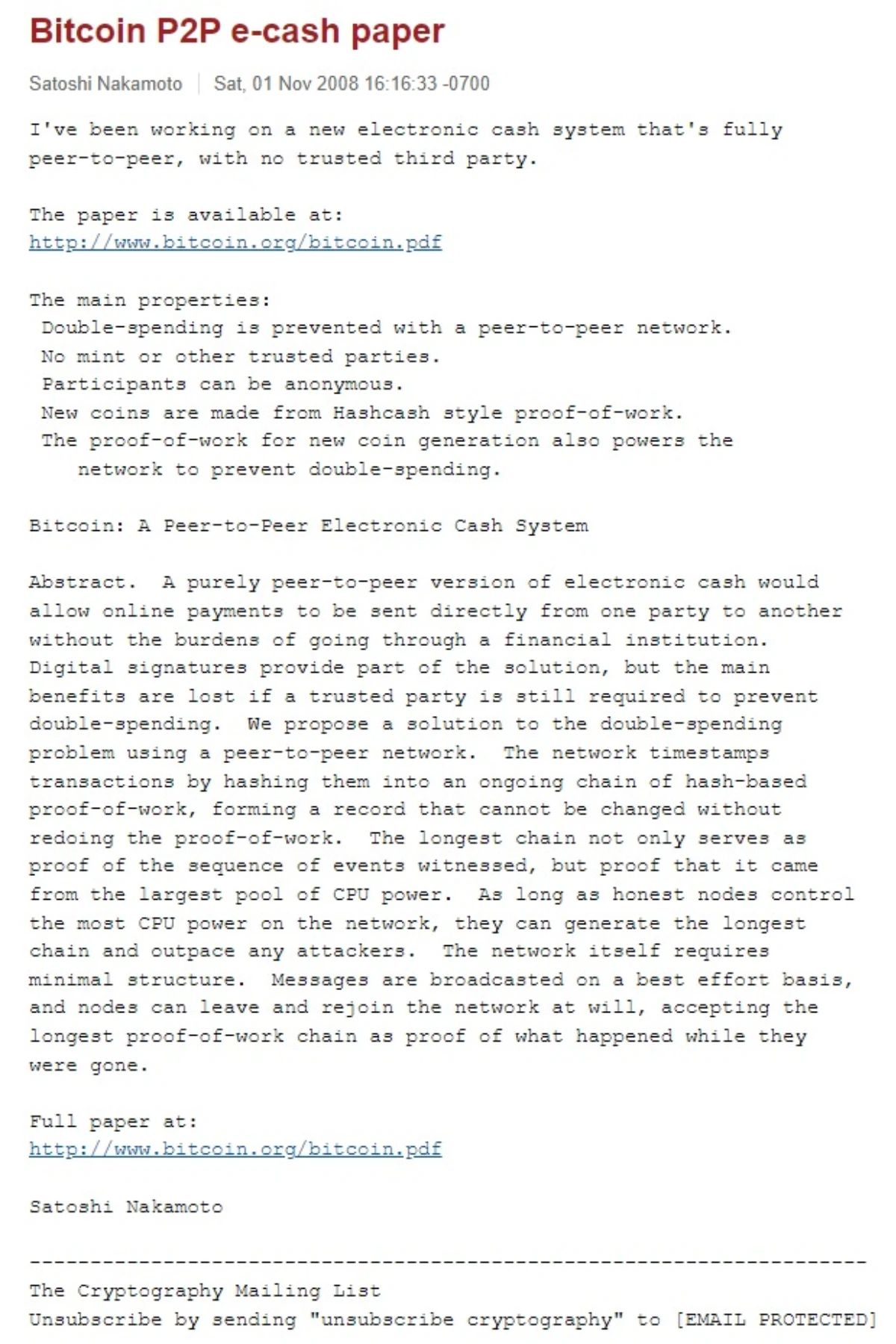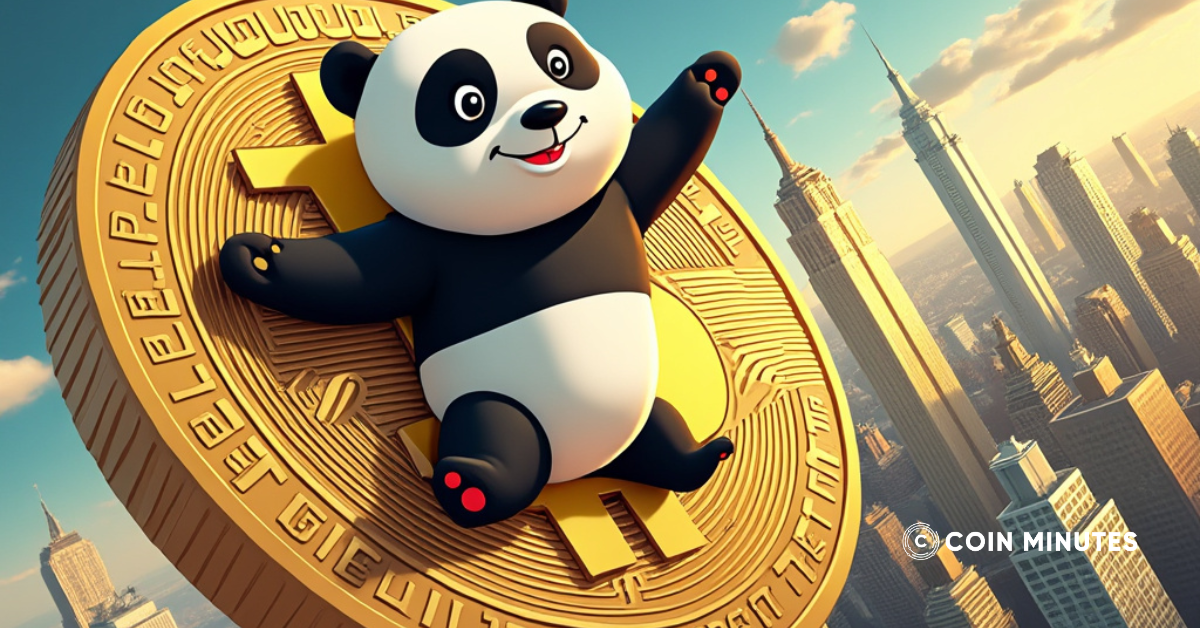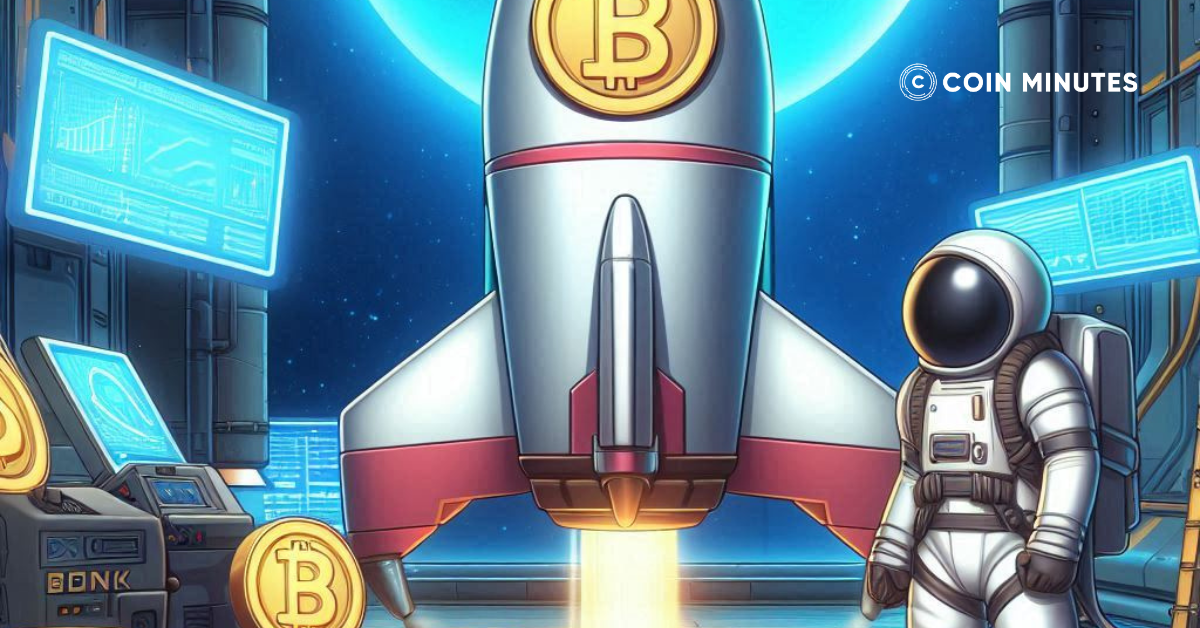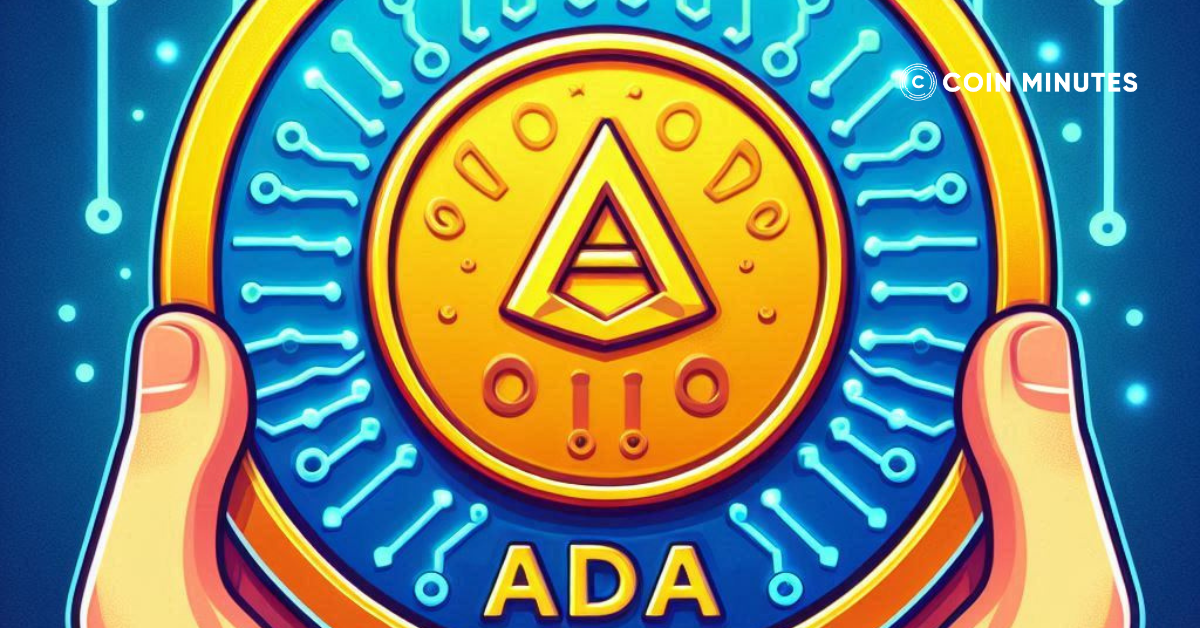Bitcoin is no longer a strange word to everyone. It appears in mass media sources and even has a place in the Oxford Dictionary.
But, you probably don’t understand what Bitcoin is and why it has such great value. That’s why you’re here.
This article will explain everything about Bitcoin, including its definition, workings, and value.
Key Takeaways
|
What Is Bitcoin?
Bitcoin is a digital currency that any person or government does not control. Instead, it runs on something called a peer-to-peer network, where people can transact directly with each other without going through a third party.
Bitcoin has a fixed supply limit of 21 million coins, which can be divided into smaller units called satoshis (1 Bitcoin = 100,000,000 satoshi).
When Did Bitcoin Start?
On January 3, 2009, Bitcoin was launched by a person or group named Satoshi Nakamoto. He or they believed that it was possible to build a trading system where participants did not need to trust each other.
The concept of Bitcoin had been released for about a year before its creation.
In August 2008, the domain name Bitcoin.org was registered. In the same year on October 31, Nakamoto released his/their research titled Bitcoin: A Peer-to-Peer Electronic Cash System, marking the first time Bitcoin was introduced to the public.

On January 3, 2009, Nakamoto mined the first block of Bitcoin, called the Genesis Block, marking the birth of Bitcoin.
How Does Bitcoin Work?
As we mentioned above, all Bitcoin transactions are on a peer-to-peer network, people will transact directly with each other without intermediaries. All transactions are recorded on a public ledger called blockchain to ensure transparency.
To trade Bitcoin with others, you must first authorize the transaction using a private key. This is a lengthy combination of random numbers and letters. The private key is something only you know because whoever owns it owns your Bitcoin.
After you transfer Bitcoin, you have to go through the next step which is a confirmation step called mining. It is the process by which other people use computers to solve a complex puzzle so that a block containing the solution and your transaction information can be added to the chain.
Why Does Bitcoin Have Value?
In the past, it was very complicated to obtain something that you needed. For instance, if you had a basket of apples, but the person who had a cow did not want apples, but instead wanted a basket of oranges, you would have to exchange your basket of apples for a basket of oranges, and then exchange the basket of oranges for the cow. This process was too complicated, which led to the creation of money.
People used various items as mediums of exchange, such as large stone discs, cowrie shells, precious metals, and other things. These objects represented value and were widely recognized as a means of conducting trade.
Similarly, Bitcoin also has value if everyone accepts that it has value and can be used as an intermediary for the exchange of goods. So what factors does Bitcoin have to make people believe that this is a valuable currency?
- Scarcity: Bitcoin has a limited supply of 21 million. The number of Bitcoins that will ever exist is fixed and cannot be changed by anyone, including its founder, Satoshi Nakamoto.
- Durable: Bitcoin can exist as long as the internet exists, making it a unique currency.
- Portable: As long as you have internet access, you can use Bitcoin to exchange anywhere.
- Divisible: Bitcoin can be divided into one hundred million units called satoshis.
- Fungible: All Bitcoins are the same.
Bitcoin’s value is rooted in the fact that it cannot be printed and is not controlled by governments, unlike fiat money. This is why many consider Bitcoin an effective form of currency.
| How much was Bitcoin when it first came out?
When Bitcoin first started it had no value at all because at that time it was only circulating among a small group of people interested in virtual currency. In October 2009, a user on the BitcoinTalk forum exchanged 5,050 BTC for $5.02 (equivalent to $0.00099 per BTC) via Paypal, marking the first time Bitcoin was converted into fiat currency. |
How to Get Bitcoin?
There are two main ways to acquire Bitcoin: mining or purchasing. Additionally, you can receive airdrops, exchange goods, or complete tasks for Bitcoin.
Mining Bitcoin
Bitcoin mining is the process of verifying transactions on the network by solving a complex puzzle. The first person to solve the puzzle correctly will be rewarded with Bitcoin and the transaction fee.
It is similar to playing the lottery, where you need to have the exact numbers as given by the organizers to win the prize, but in this case, there is only one prize for the first person to solve the puzzle.
The number of Bitcoins you receive is a fixed number and gradually decreases to ensure scarcity. In 2024, each time you successfully mine Bitcoin, you will receive 3.125 BTC.
To be able to mine Bitcoin, you need the following things:
- Equipment: Bitcoin mining requires specialized hardware known as ASIC (Application-Specific Integrated Circuit) miners. These are powerful machines designed specifically for mining Bitcoin. You can mine Bitcoin using your computer, but this is not recommended. You’ll also need a stable internet connection and a power supply that can handle the energy demands of the mining equipment.
- Mining software: Once you have your mining hardware set up, you’ll need to download and install mining software. The software connects your hardware to the Bitcoin network and allows you to control the mining process. Popular mining software includes CGMiner, Kryptex Miner, and EasyMiner.
If you have a large capital to invest, you can choose to build a Bitcoin mining rig with powerful machines. If not, you should consider joining mining pools to reduce investment costs.
A mining pool is a community of miners who come together to increase their chances of mining Bitcoin. Instead of investing in multiple mining machines, each miner contributes their machine to the pool. By doing so, the group can mine Bitcoin more efficiently and with a higher chance of success. However, since the reward is split among all members based on their contribution, each miner earns a proportionate amount of the total reward.
Read more: How to mine Bitcoin
Buying Bitcoin
Buying Bitcoin is the easier way to get it. When buying Bitcoin, you should consider whether it is the best time to buy and whether its value will likely increase or decrease.
To be able to buy Bitcoin through exchanges, you can follow these steps:
Step 1: Get a Bitcoin Wallet
You need a digital wallet to store Bitcoin. There are different types of wallets, including software wallets (desktop or mobile apps), hardware wallets (physical devices), and online wallets (web-based). Research and choose a wallet that suits your needs in terms of security and convenience.
Step 2: Select a Bitcoin Exchange or Platform
There are numerous online platforms where you can buy Bitcoin. Some popular exchanges include Coinbase, Binance, Kraken, and Bitstamp. Research different platforms and choose one that is reputable, secure, and available in your region.
Read more: Best place to buy Bitcoin
Step 3: Create an Account
Sign up for an account on your chosen Bitcoin exchange or platform. You’ll need to provide some personal information and may need to verify your identity depending on the platform’s regulations.
Step 4: Fund Your Account
Once your account is set up, you’ll need to deposit funds into it. Most exchanges accept various payment methods, including bank transfers, credit/debit cards, and sometimes even PayPal. Choose the payment method that works best for you and follow the instructions to deposit funds into your account.
Step 5: Buy Bitcoin
After funding your account, you can now purchase Bitcoin. Navigate to the “Buy” or “Trade” section of the platform and specify the amount of Bitcoin you want to buy. You can either enter the amount in fiat currency (e.g., USD, EUR) or in Bitcoin, depending on the platform. Review the transaction details, including fees and exchange rate, and confirm your purchase.
Step 6: Transfer Bitcoin to Your Wallet
Once your purchase is complete, it’s recommended to transfer your Bitcoin to your wallet for added security. Withdraw the Bitcoin from the exchange to your wallet by entering your wallet address and confirming the transaction.
There are various ways to purchase Bitcoin, including direct transactions at Bitcoin meetups or buying from Bitcoin ATMs.
Read more: How to buy Bitcoin
How to Use Bitcoin?
Bitcoin was initially designed to be a decentralized digital currency that could be traded online without the involvement of intermediary financial institutions like banks.
However, with time, the value of Bitcoin surged significantly, and it became more of a financial investment asset rather than a medium of exchange.
Exchange
Many vendors now accept Bitcoin payments as online payment, similar to PayPal or e-banking. You can use Bitcoin to buy many things such as necessities, entertainment services, and even luxury items like cars or watches.
To exchange goods or services using Bitcoin, you need a Bitcoin wallet. The wallet holds information about your private key to send Bitcoin.
Investment
Bitcoin was created as a currency, but with its rapidly increasing value, many investors consider it a long-term investment.

To be able to invest in Bitcoin, you need to understand what you are investing in.
Investments such as stocks can have their value seen based on the company’s performance and financial statements.
But Bitcoin is not like that, its value is determined largely by market demand and sentiment. So when investing in Bitcoin you always have to accept that you may be the one buying at a high price so that others can profit.
| Is Bitcoin a good investment?
Investing in Bitcoin can be lucrative, but it requires knowledge and expertise. As the price of Bitcoin is highly volatile and subject to market demand and sentiment, it is crucial to gain a thorough understanding of it before investing or seeking guidance from financial experts. |
Read more: Is Bitcoin a good investment?
Is Bitcoin Legal?
The legality of Bitcoin is a multifaceted and evolving issue that is influenced by various regulatory approaches adopted across the world. Some countries consider Bitcoin a legitimate financial asset, while others have imposed stringent restrictions or outright bans on it.
In the United States, Bitcoin operates within a regulatory framework that recognizes its legality. For tax purposes, the Internal Revenue Service (IRS) treats Bitcoin as property and imposes capital gains tax on its sale or exchange. Additionally, regulatory bodies such as the Securities and Exchange Commission (SEC) and the Commodity Futures Trading Commission (CFTC) have issued guidelines governing Bitcoin-related activities to ensure compliance with existing financial laws.
In contrast, countries like Algeria, Bolivia, and Ecuador have taken a more rigid approach by banning the use of Bitcoin and other cryptocurrencies altogether. These nations are concerned about potential financial instability, lack of central control, and susceptibility to illicit activities.
In China, cryptocurrency exchanges are banned, but owning Bitcoin itself is not illegal. However, the government has restricted its usage, citing concerns regarding capital outflow and financial risks. This regulatory ambiguity has made it difficult for Bitcoin enthusiasts and businesses operating within the country.
In Japan, Bitcoin is recognized as a legal form of payment. The Payment Services Act, amended in 2017, mandates that cryptocurrency exchanges register with the Financial Services Agency (FSA) to ensure transparency and consumer protection. This regulatory clarity has made Japan one of the leading Bitcoin markets globally.
Similarly, Switzerland is known for its favorable regulatory environment, and Bitcoin enjoys widespread acceptance. The Swiss Financial Market Supervisory Authority (FINMA) regulates cryptocurrency-related activities, fostering innovation while maintaining robust oversight to mitigate potential risks.
In Europe, the legal status of Bitcoin varies among member states of the European Union (EU). Some countries, such as Germany and Malta, have adopted progressive regulations to accommodate cryptocurrencies. Others remain cautious, awaiting clear directives from EU institutions.
Is Bitcoin Safe?
It can be said that Bitcoin is safe because there has never been any hacking on this network. However, your Bitcoin is stored in a wallet or exchange where hacks can occur and take away all the BTC you own. To ensure this doesn’t happen, use a cold wallet to store your Bitcoins. Always remember your wallet password and store it in places you can access.
In addition, if you are not careful, you may also be a victim of sophisticated cryptocurrency scams. Always be careful when clicking on a strange link from someone you don’t know.
Besides, many people will wonder whether Bitcoin is a safe investment. Our answer would be no.
Bitcoin is a highly volatile asset, with prices that can fluctuate dramatically quickly. And the price of Bitcoin can rise this high thanks to the community’s contributions. If one day the community no longer finds Bitcoin interesting, the value of Bitcoin will become zero.
Read more: Is Bitcoin safe?
The Bottom Line
Bitcoin represents a revolutionary step in digital currency, offering a decentralized, secure, and potentially valuable alternative to traditional money. Understanding its mechanisms and value is crucial for anyone interested in this digital asset. While it holds promise, the high volatility and security concerns mean it requires cautious and informed handling.








